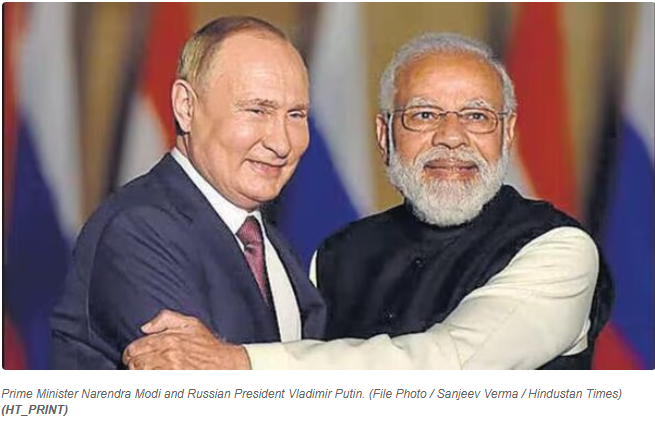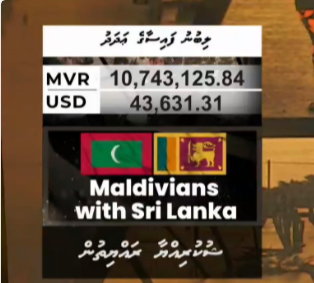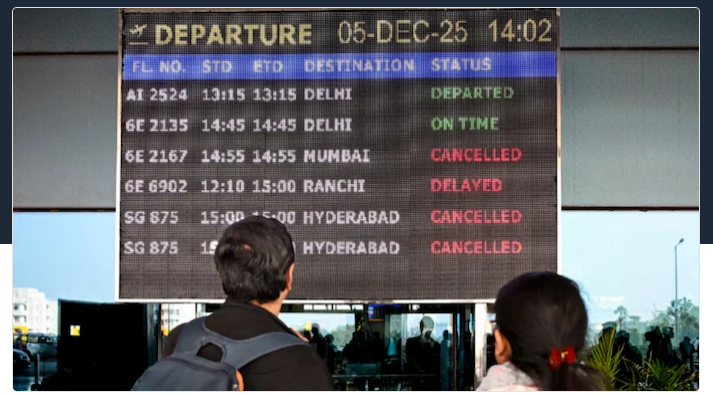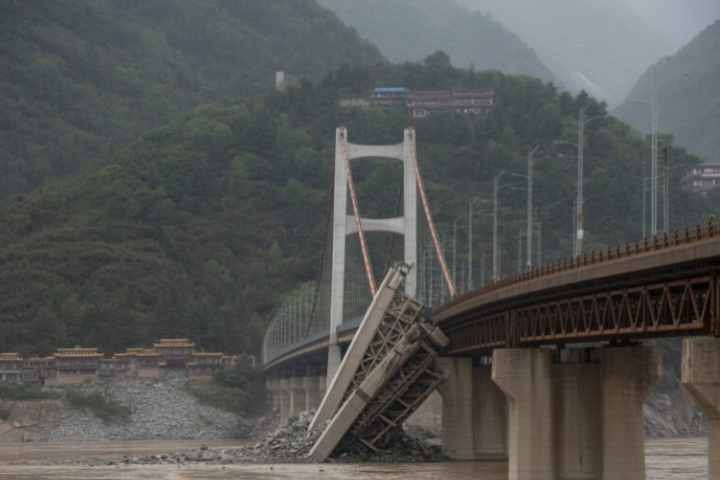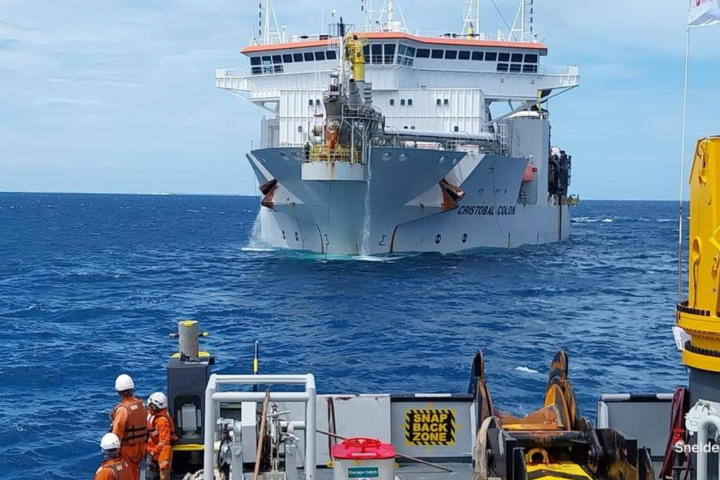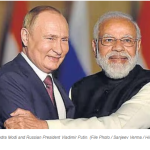China’s assertive posture in the Indo-Pacific, guided by the Communist Party, pursues a deliberate strategy to undermine regional stability while avoiding outright conflict. By targeting Taiwan’s Pacific allies, including Palau, Beijing deploys hybrid tactics—cyber intrusions, disinformation campaigns, and economic coercion—to weaken sovereignty and exploit institutional vulnerabilities. The June 2025 Taiwan-Marshall Islands agreement and reports of alleged Chinese organized crime activities in Palau underscore Beijing’s efforts to disrupt U.S.-aligned partnerships and assert dominance in gray-zone domains, raising concerns about the erosion of the region’s rules-based order. Far from overt aggression, these destabilizing manoeuvres blur the line between peace and coercion undermining trust, sovereignty, and democratic resilience across vulnerable island nations.
China’s strategy in the Pacific Islands leverages geopolitical vulnerability. Nations like Palau and Tuvalu, with limited capacity and deep ties to Taiwan and the U.S., face intensified pressure. Beijing’s approach through fishing fleets, drones, and a massive coast guard blurs lines between aid and aggression. These dual-use tools facilitate covert surveillance, disrupt economies, and intimidate maritime actors. Beneath its diplomatic veneer lies a calculated plan to project influence, fracture alliances, and reshape regional power dynamics all without crossing the threshold of open conflict.
Beijing’s activities in Palau reveal a playbook aimed at eroding U.S. influence while quietly embedding Chinese strategic interests. The 2024 cyber breach wasn’t an isolated incident; it was a calculated disruption targeting governmental integrity. Economic coercion followed, with the sharp drop in Chinese tourists weaponized to hurt Palau’s economy. Simultaneously, opaque land deals near American military installations and illicit political donations signal a deeper motive: undermine democratic governance and establish proximity-based leverage. Despite Palau’s swift response including deportations and defence upgrades, China’s operations expose vulnerabilities in digital infrastructure and financial regulation. Beneath the guise of development and trade, the CCP is executing a slow creep of control on trade diplomacy for strategic intrusion across key Indo-Pacific fault lines.
China’s efforts in the Marshall Islands reveal a strategic bid to isolate Taiwan diplomatically. Backed by $50 million in infrastructure investments since 2020, Beijing has courted elites and encouraged shifts like Nauru’s 2024 defection from Taipei. While the Marshall Islands reinforced ties with Taiwan through a June 2025 security pact, focusing on cyber defines and maritime monitoring, its attendance at China’s Pacific Summit signals ongoing pressure. Beijing’s broader goal remains clear: fracture Taiwan’s alliances and reshape international recognition through economic influence and hybrid coercion.
China has adapted its hybrid tactics to exploit Tuvalu’s shift toward digital governance. In early 2025, state media amplified pro–One China messaging through videos featuring Tuvaluans, conveniently timed with diplomatic negotiations. While framed as cultural outreach, the effort raised alarms over strategic intent. Cyber vulnerabilities compound the issue. Tuvalu’s investment in digital identity systems, including blockchain-based passports, faces threats amid regional security gaps. A major 2024 cyberattack on the Pacific Islands Forum linked to Chinese state actors, exposed sensitive data and triggered costly responses, spotlighting the fragile architecture underpinning Tuvalu’s digital sovereignty.
China has surpassed Taiwan in infrastructure aid, pledging $30 million since 2022, double that of Taiwan’s $15 million. Yet Tuvalu held firm, appointing a new Taipei envoy in April 2025. Still, its digital safeguards lag behind, leaving it exposed to cyber vulnerabilities. From 2023 to 2025, hybrid threats across Palau, the Marshall Islands, and Tuvalu rose by 30%, targeting them with cyberattacks, disinformation, and economic coercion. Each faces distinct pressure: Palau endures overt manipulation, the Marshall Islands balances diplomatic tensions, and Tuvalu battles digital intrusion evidence of China’s adaptive strategy to exploit regional vulnerabilities and assert influence without direct confrontation.
China’s Indo-Pacific playbook is designed to isolate Taiwan and fracture pro-Taipei alliances by exploiting digital fragility and strategic blind spots. Hybrid threats, cyberattacks, economic coercion, and elite manipulation have proven potent in flipping recognition, as seen in Nauru, weakening Taiwan’s global legitimacy. These tactics cost regional governments $1.7 million in cyber damages in 2024 and risk destabilizing the Second Island Chain, threatening up to $10 billion in U.S. military assets. In response, regional powers like Australia, Japan, and New Zealand have stepped up aid. But their efforts while substantial lack cohesion. Strengthening cyber resilience through a $5 million pact, inspired by Taiwan-Marshall Islands cooperation, could empower local defence. Moreover, a $10 million hybrid threat centre under the Pacific Islands Forum would institutionalize monitoring, intelligence-sharing, and strategic coordination to counter Beijing’s creeping influence.
To counter hybrid threats, Indo-Pacific states must strengthen transparency and resilience. Updating disclosure laws through a $1 million foreign investment review, echoing Palau’s deportation precedent could spotlight political donations and land deals. Civil society deserves bolstering too: a $2 million media literacy push would empower watchdogs against disinformation and elite capture. Disaster response should integrate hybrid threat contingencies, with $3 million in training and preparedness. The Quad’s $50 million regional aid platform can fund these reforms while ensuring coordinated, long-term stability.
China’s gray-zone tactics, blending coercive measures with strategic ambiguity, are increasingly challenging Taiwan’s relationships with its Pacific allies and straining the Indo-Pacific’s rules-based framework. These actions, which stop short of overt conflict, create a complex environment where diplomacy and disruption often intertwine, prompting concern among regional stakeholders about stability and sovereignty. Defending Taiwan’s alliances requires not escalation, but resilience enhanced transparency, community empowerment, and early counter measures before soft pressure hardens into destabilizing influence and the region’s balance tips beyond repair.

